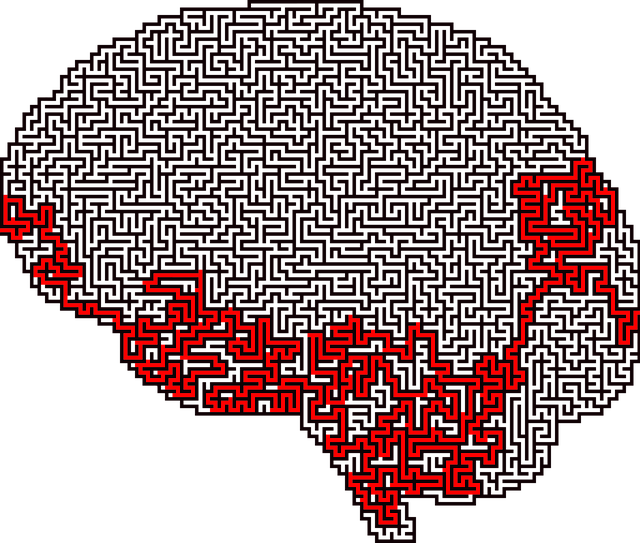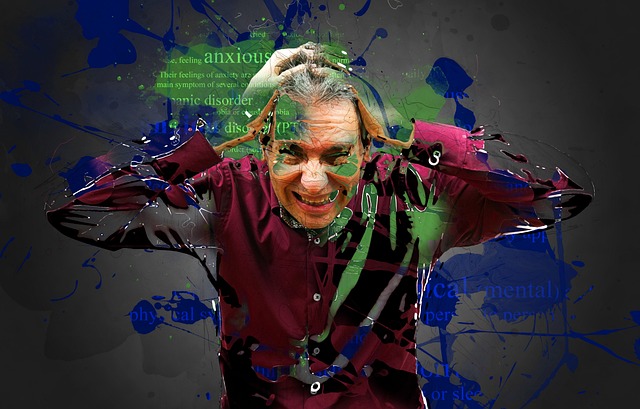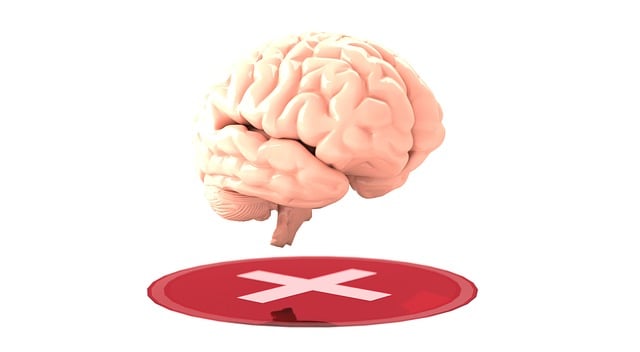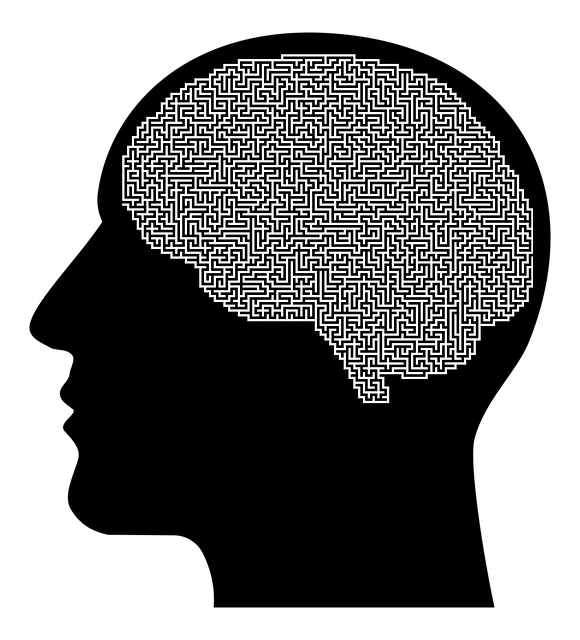Cultural competency is essential in healthcare, especially for elderly patients with psychosis. Healthcare providers must undergo sensitivity training and enhance communication skills to address language barriers, cultural taboos, and age-related biases, ensuring a supportive environment. Effective communication techniques, including active listening and clear language, improve patient satisfaction and outcomes. Cultural competency programs focused on geriatric mental health, using role-playing and case studies, empower caregivers through emotional regulation strategies, leading to more empathetic care for elders with psychosis.
Cultural competency training is essential in healthcare, especially for managing elderly psychosis. This article explores key aspects of providing effective care to this vulnerable population. We delve into understanding cultural nuances and biases that impact treatment outcomes, offering insights on how to overcome stereotypes. Effective communication strategies equip caregivers with tools to connect with elders. Additionally, successful case studies demonstrate the power of tailored cultural competency programs in geriatric mental health therapy, highlighting their potential to revolutionize care delivery.
- Understanding Cultural Competency in Healthcare for Elderly Psychosis Patients
- The Impact of Cultural Biases and Stereotypes on Treatment Outcomes
- Effective Communication Strategies for Caregivers and Elders
- Case Studies: Successful Cultural Competency Training Programs in Geriatric Mental Health
Understanding Cultural Competency in Healthcare for Elderly Psychosis Patients

Cultural competency is a vital aspect of healthcare, especially when caring for elderly patients with psychosis. This involves understanding and respecting diverse cultural beliefs, values, and practices to provide tailored therapy for elders with psychosis. Many older adults from diverse backgrounds may face unique challenges, such as language barriers or specific cultural fears and taboos surrounding mental health, which can impact their willingness to seek help. Healthcare providers play a crucial role in bridging this gap by incorporating cultural sensitivity into their practice.
Training in social skills, stress management, and burnout prevention strategies for healthcare providers is essential to ensure they can effectively communicate with elderly patients from various cultural backgrounds. By doing so, caregivers can create a safe and supportive environment, enhancing the quality of care. This includes recognizing and respecting cultural differences in communication styles, decision-making processes, and treatment preferences, thereby improving patient satisfaction and outcomes, especially for those living with psychosis.
The Impact of Cultural Biases and Stereotypes on Treatment Outcomes

Cultural biases and stereotypes can significantly impact healthcare delivery and patient outcomes, especially when caring for older adults with psychosis. Healthcare providers, despite their best intentions, may unconsciously hold preconceived notions about certain cultural groups, which can influence their decision-making processes. For instance, a provider’s assumptions about an elder’s ability to understand or adhere to treatment plans due to their age and cultural background could lead to inadequate care. Stereotypes might cause them to overlook specific needs or preferences, affecting the overall quality of therapy for elders with psychosis.
These biases can contribute to poor communication, mistrust, and misdiagnoses, hindering the patient’s journey towards mental wellness. Recognizing and challenging these internalized stereotypes is crucial in promoting cultural competency. By acknowledging potential biases, healthcare providers can build confidence boosting, sustainable practices that prevent burnout, ensuring they offer personalized care tailored to each individual’s unique needs.
Effective Communication Strategies for Caregivers and Elders

Effective communication is a cornerstone of quality care, especially when addressing the unique needs of elders experiencing psychosis. Caregivers must learn to listen actively, demonstrating empathy and patience while encouraging open dialogue. This involves clear, concise language tailored to the understanding of the elder, utilizing non-verbal cues, and creating a safe, judgment-free space.
Mental wellness coaching programs can play a vital role in developing these communication strategies. By fostering emotional healing processes through self-care practices, caregivers can better navigate complex conversations. Incorporating techniques from therapy for elders with psychosis ensures that both caregiver and elder feel supported, respected, and empowered to communicate effectively, ultimately enhancing the overall care experience.
Case Studies: Successful Cultural Competency Training Programs in Geriatric Mental Health

Successful cultural competency training programs in geriatric mental health have shown significant improvements in both patient outcomes and provider satisfaction. These initiatives often incorporate case studies and role-playing scenarios tailored to address the unique challenges faced by elders with psychosis, a condition that requires not only effective therapy but also emotional regulation and understanding of cultural nuances. By focusing on enhancing cultural sensitivity in mental healthcare practice, these programs foster compassion cultivation practices among caregivers.
Through interactive workshops and ongoing support, healthcare providers gain insights into the impact of cultural beliefs and values on mental health treatment. This includes learning to navigate complex family dynamics and communication barriers, ensuring that care plans are culturally responsive and respectful. The integration of real-life examples and diverse perspectives enables practitioners to provide more empathetic and effective therapy for elders experiencing psychosis, ultimately improving their quality of life.
Cultural competency training is a powerful tool to enhance healthcare delivery for elderly psychosis patients. By addressing biases, stereotypes, and communication gaps, we can improve treatment outcomes and foster more effective caregiver-elder interactions. The case studies presented highlight successful programs that have revolutionized geriatric mental health care. Implementing similar initiatives can ensure tailored therapy for elders with psychosis, ultimately improving their quality of life and overall well-being.














